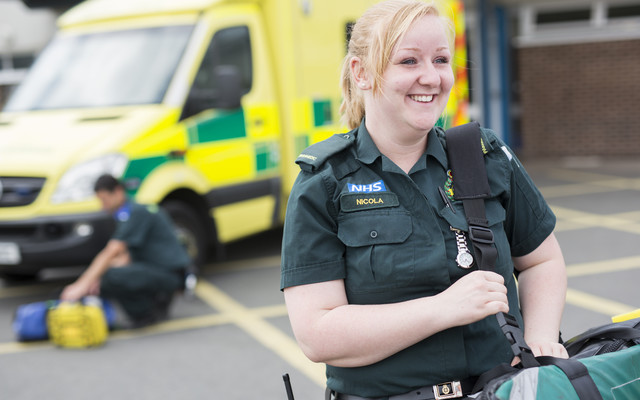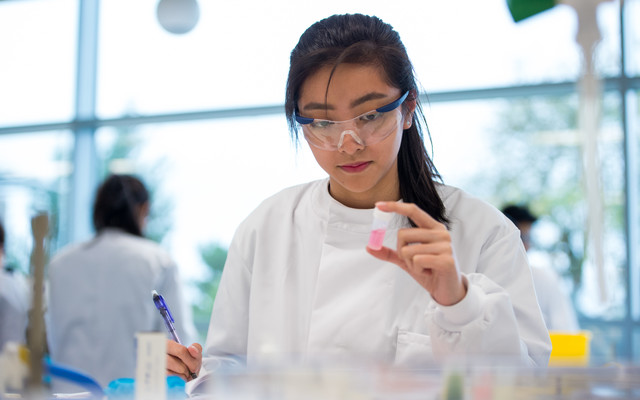Work experience, volunteering and placements can be useful both prior and during university. It can give you an insight into what that future career may be like, as well as developing your personal skills like time management and communication. Placements can be optional or mandatory during a degree, for example nursing students have placements that they must pass to qualify. Continue reading to find out some tips on how to make the most of work experience, volunteering and placements.

Ask about their career journey
It can be useful to ask how your colleagues got to where they are. This could give you ideas of different careers and qualifications you could do to get there.
Take notes
Work experience, volunteering and placements can be very busy, and it can be easy to forget information that could be useful in the future. Buy a note book and take notes where you can.
Get involved
If you have any areas of interest, ask if you can work in that particular department or shadow other people in the role.
Ask for feedback
Both formal and informal feedback can useful to develop your skills and improve. For university placements this is likely to be embedded into the placement programme.
Personal reflection
Reflect on how you found the experience… for example, consider what you enjoyed, what you disliked and what you learnt.
Be organised
Check out where you’re going before your first day, and make sure you have the correct start time and know who to report to. Listen to any instructions or deadlines that are given to you and take note of them.
Be prepared
Doing your research before work experience, volunteering or placements can help in lots of ways. Not only does it show your interest in the area, but it also allow you to make the most of the experience and ask relevant questions.

This blog went through some tips on how to make the most of work experience, volunteering and placements. Click here to read other blogs written by current students at the University of Surrey.
